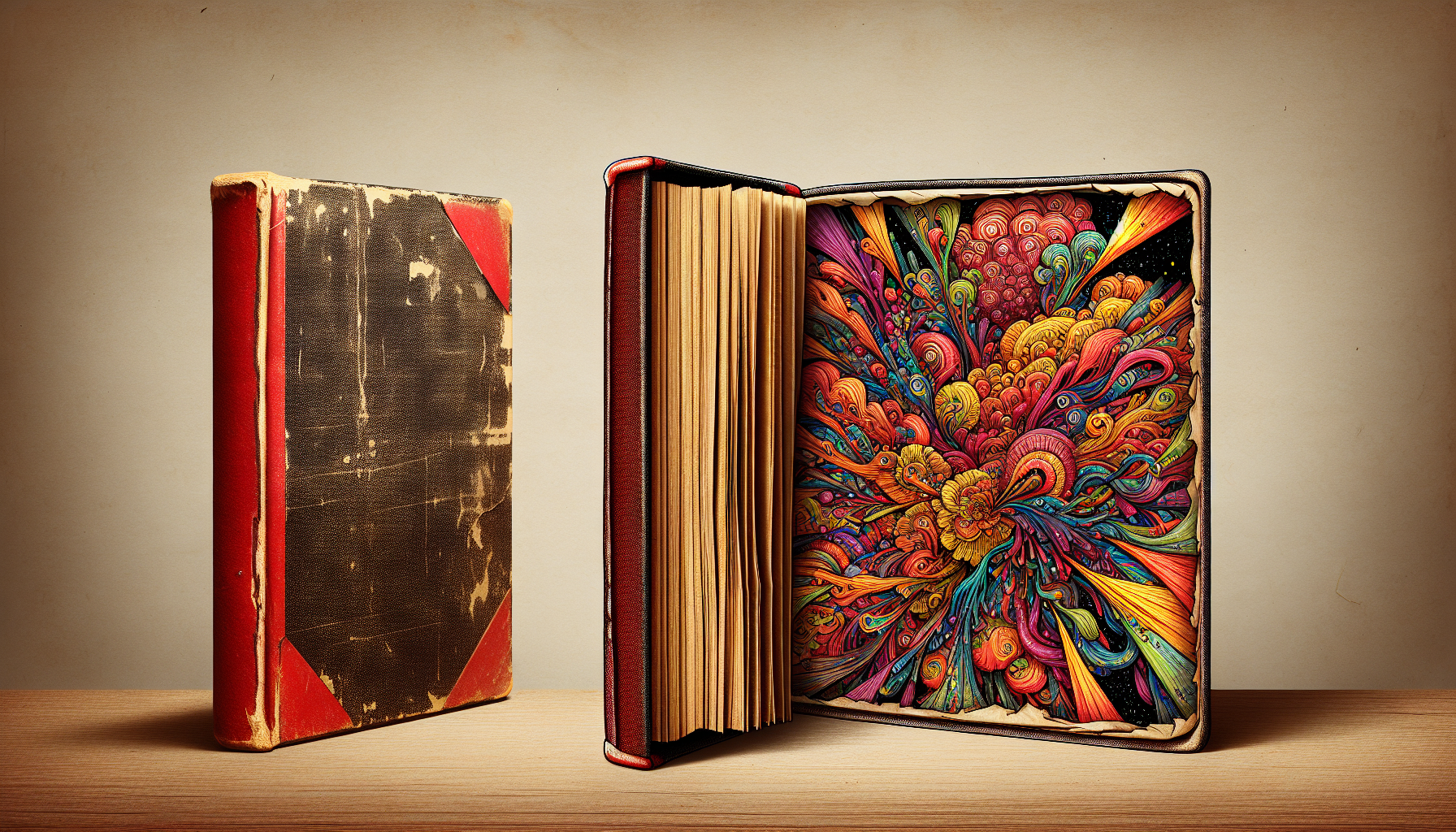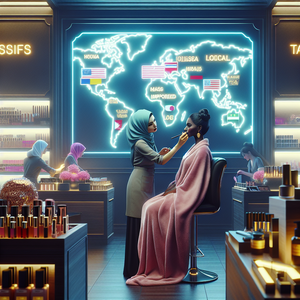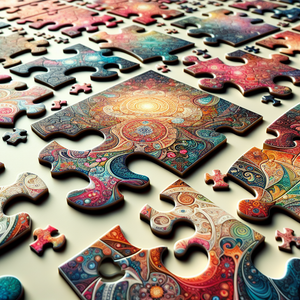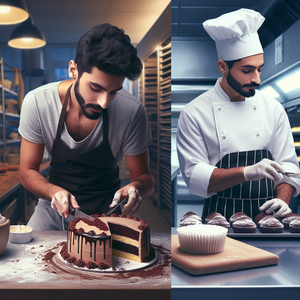Transforming Beauty Standards through Training

Historically, beauty standards have favored a limited set of traits, often promoting unrealistic ideals that leave many feeling excluded. The beauty training programs emerging today are actively working to dismantle these entrenched norms. By celebrating diversity in body types, skin tones, and personal aesthetics, these programs are creating an environment where all individuals can feel represented and valued. For example, the "Inclusive Beauty" initiative, launched by various beauty academies, focuses on educating beauty professionals about the importance of understanding and respecting different cultural aesthetics. This initiative includes comprehensive modules that cover a wide range of topics—from skincare needs for different skin types to the cultural significance of beauty rituals. By equipping beauty trainers with the tools to embrace diversity, these programs foster a more inclusive atmosphere that allows clients to express their distinct identities.
Innovative Training Methods
The integration of technology into beauty training is playing a vital role in the evolution of beauty standards. Virtual reality (VR) and augmented reality (AR) tools are being increasingly adopted in beauty schools, providing students with immersive experiences that enhance their understanding of beauty's multifaceted nature. For instance, VR simulations allow aspiring makeup artists to practice their skills on diverse virtual avatars, representing various skin tones and facial features. This not only sharpens their technical abilities but also cultivates empathy and appreciation for the unique beauty of each individual. In addition to technological advancements, workshops focusing on self-acceptance and body positivity are gaining traction. These sessions encourage participants to confront and challenge their own perceptions of beauty, fostering open discussions about self-esteem and confidence. Such workshops not only equip trainers with the skills to nurture a positive self-image in their clients but also create a supportive community where individuals can share their journeys toward self-acceptance.
Promoting Self-Acceptance
Beauty training programs that emphasize self-acceptance empower both beauty professionals and clients to become advocates for change. When trainers embrace and promote diverse beauty standards, they can influence their communities profoundly. Sharing personal experiences of overcoming societal pressures can inspire others to embrace their true selves and challenge the unrealistic ideals often perpetuated by the media. The beauty industry is also witnessing a shift in brand messaging, with more companies aligning their campaigns with these inclusive values. Brands that feature models of varied shapes, sizes, and ethnicities in their advertising are not only appealing to a broader demographic but are also championing the importance of inclusivity in the beauty realm. This reflects a cultural shift where diverse representations of beauty are becoming the norm, rather than the exception.
The transformation of beauty standards through training represents a significant movement toward reshaping societal perceptions of beauty. By challenging traditional norms, employing innovative training methods, and promoting self-acceptance, beauty training programs are empowering individuals and fostering a culture of inclusivity. As the beauty industry continues to evolve, it is crucial for trainers, brands, and consumers to embrace and champion diverse definitions of beauty. This collective effort can create an environment where everyone feels beautiful in their unique way, ultimately leading to a more inclusive and accepting society. Embracing this transformative journey not only benefits the beauty industry but also enriches the lives of individuals, encouraging them to celebrate their authenticity and uniqueness.
Diversity and Inclusion Beauty Trainer
Beauty academies, cosmetic companies, wellness organizations
Core Responsibilities
Develop and deliver training programs focused on inclusivity in beauty practices.
Facilitate workshops that encourage self-acceptance and body positivity among beauty professionals and clients.
Collaborate with beauty academies to integrate diverse beauty standards into curricula.
Required Skills
Strong understanding of cultural aesthetics and beauty norms across different communities.
Excellent communication and facilitation skills to lead engaging workshops.
Experience in beauty training or as a beauty professional with a passion for inclusivity.
Virtual Reality Beauty Simulator Developer
Technology companies specializing in VR, beauty training institutions, e-learning platforms
Core Responsibilities
Design and develop VR tools that simulate diverse beauty scenarios for training purposes.
Collaborate with beauty experts to ensure accuracy in representing various skin tones and features.
Conduct user testing to enhance the realism and effectiveness of training simulations.
Required Skills
Proficiency in VR development software (e.g., Unity, Unreal Engine).
Background in beauty or cosmetology to inform realistic product applications.
Strong problem-solving skills and creativity to innovate training experiences.
Beauty Marketing Specialist for Inclusive Brands
Cosmetics brands, marketing agencies, beauty startups
Core Responsibilities
Develop marketing campaigns that reflect diverse beauty standards and resonate with a broad audience.
Analyze market trends to create targeted messaging for underrepresented demographics.
Collaborate with product development teams to ensure inclusivity in product offerings.
Required Skills
Strong understanding of digital marketing techniques and social media strategies.
Experience in brand management or consumer insights, particularly in the beauty sector.
Creative mindset with the ability to think outside traditional beauty marketing norms.
Beauty Product Development Specialist
Cosmetic manufacturers, skincare companies, beauty brands
Core Responsibilities
Create and test new beauty products that cater to a diverse range of skin types and tones.
Conduct market research to identify gaps in the product offerings for underrepresented groups.
Collaborate with marketing teams to ensure that product messaging aligns with inclusive values.
Required Skills
Background in chemistry or cosmetic science to inform product formulation.
Strong analytical skills to assess consumer needs and product performance.
Creativity in developing innovative solutions for diverse beauty needs.
Body Positivity Campaign Coordinator
Non-profit organizations, beauty brands, social enterprises
Core Responsibilities
Plan and execute campaigns that promote body positivity and diversity in beauty standards.
Engage with influencers and community leaders to amplify the message of self-acceptance.
Measure and report on the impact of campaigns to guide future initiatives.
Required Skills
Strong project management and organizational skills.
Excellent interpersonal skills to build relationships with stakeholders and community members.
Passion for advocacy work and a deep understanding of body positivity movements.


